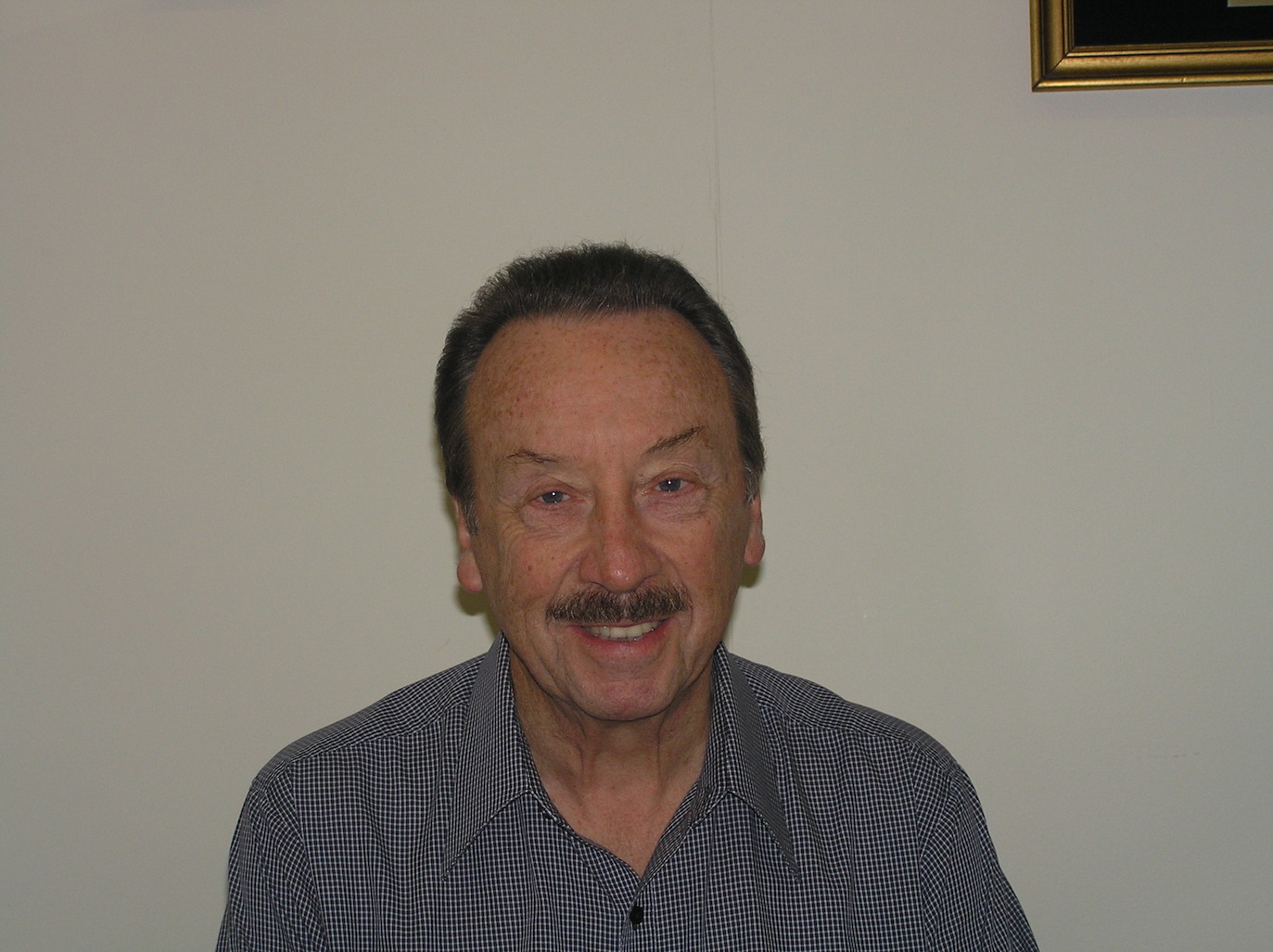John McDonald: Biz Farewells Aussie Indie Label and Publisher Pioneer

The Australian music sector met on Dec. 14 in Melbourne, to farewell indie label and publisher pioneer John McDonald.
He died last week at the age of 88, working as CEO at publisher and production music house Fable Music until the very end.
From the 1960s, McDonald was an instrumental figure in bringing Australian indie music to a mainstream audience with blockbuster hits on his labels Sparmac, Image, Tempo and Avenue.
These included breakouts such as Daddy Cool (with the “Eagle Rock” phenomenon and whose debut showed an Australian album could sell over 100,000), Rick Springfield (“Speak To The Sky”) and Healing Force (“Golden Miles”).
Others included Captain Matchbox Whoopee Band, Colleen Hewitt, Linda George, Silver Convention, Broderick Smith and Kevin Borich.
“He could see there was an enormous pool of talent, especially in Melbourne which was the music capital and where bands would move to from all over the country,” said Gary Mac.
Then a radio presenter at 3AK, Mac was part of the migration to Melbourne’s music scene.
He said McDonald’s success changed radio’s perception of Australian music as a poor cousin.
“He always had a game plan and he never procrastinated although sometimes he rushed into things others may have given thought to.
“But he was always on the money with what he did, surrounding himself with like-
minded people as [indie pioneers] Ron Tudor and Keith Colias.”
Colias, a partner on some his labels, noted a canny instinct for public taste.
This no doubt developed from his owning four record stores on Bourke Street in the Melbourne CBD, including Disk Shop and Record Center.
An Americophile in his personal life, the stores were filled with underground U.S. R&B, blues, jazz and country records unavailable elsewhere.
In 1967, McDonald and Colias set up a distribution network Tempo Records Services which had early hits with Leon Russell and JJ Cale, and indies Ron Tudor’s Fable Records.
Fable again upped the ante for indie sales with Two-Man Band’s football anthem “Up There Cazaly”, which sold 260,000 unit by end of 1980 and generates 1 million streams a year.
“In 1970, Tempo had 12 hits on the 3XY Top 40 Chart and we set up offices around the country,” Colias relates.
Among the first of local music execs to develop a global perspective, McDonald spent a lot of time abroad and counted Johnny Cash, Leon Russell and the Everly Brothers as close friends.
He had an office in Nashville and was a regular attendee at MIDEM where he aggressively landed catalogues and distribution deals.
In this way he managed an endless supply of hits for his Australian acts.
The best example was in 1982 when he heard the demo of “Wind Beneath My Wings” in France and brought it back for Colleen Hewitt.
She rejected it as “a pile of crap”, he insisted, and it was a Top 20 hit for her.
It was five years before Bette Midler did it for a dying scene in her “Beaches” movie, and turned it into a Grammy double-winner which became most requested at funerals.
The move into setting up a production library to service TV and content companies, was thought to be the first in Australia.
“It was very successful, it had up to 300 titles,” said Colias.
McDonald liked to tell of his biggest miss.
A young Colin Hay, who had worked in one of his record stores, kept pushing his new band Men At Work.
“I had a couple of balls in the air, and I told him to leave the tape on the counter and I’d get to it.
“I never did of course and the next you heard they signed with Epic/Sony and had No. 1’s around the world.”
Years later at a show in Los Angeles, Hay spotted McDonald in the crowd and pointed him out.
“That’s the guy who turned us down,” he said gleefully.


































